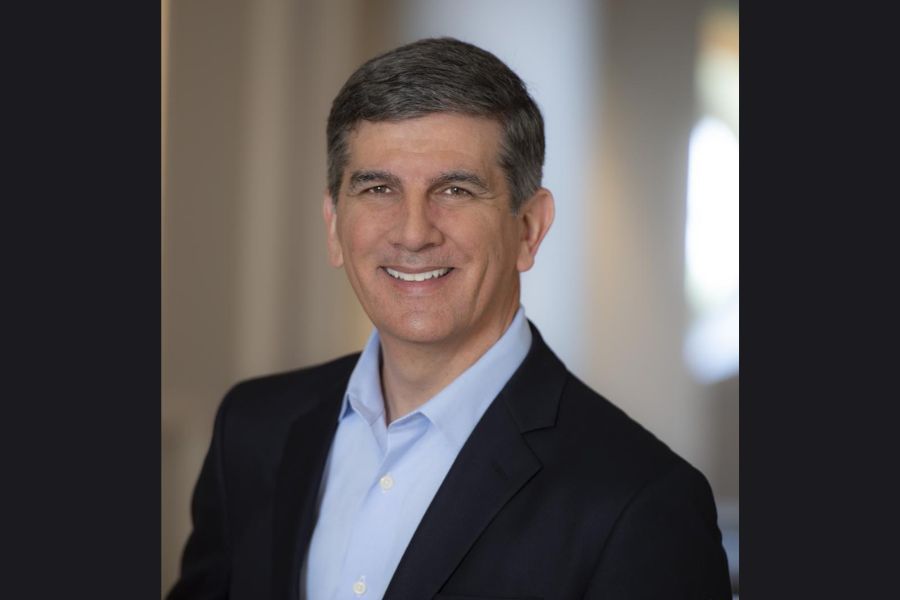Many wealthy Americans haven’t planned for the transfer of their assets
Adviser's approach can overcome client worries, such as that children won't have an incentive to work if they know how much they will inherit.
Affluent Americans aren’t doing much to prep the next generation to inherit their riches, creating a wealth of opportunity for financial advisers who can convince clients to focus on legacy planning.
Even though about $4 trillion is set to be passed down to heirs over the next decade, only 30% of Americans have a full plan ready to transfer their wealth, according to an RBC Wealth Management report released Tuesday.
Just as large a group has done nothing to prepare for passing down wealth to the next generation, according to the report. About half of the group, who have at least $4.5 million, have completed a will.
“The danger of not having anything in place is that you literally don’t get to decide who gets what, how much and when,” said Bill Ringham, an RBC vice president and senior wealth strategist. “The best example is Prince, who didn’t even have a will, and now courts are deciding what family members are inheriting wealth. He didn’t even get to decide whether to leave any to philanthropic causes he might have wanted to support.”
Advisers can help by asking their affluent clients where they are in terms of their wealth transition, pushing them to complete steps with their attorneys and lawyers on estate planning, he said.
They also can instigate conversations about charitable giving, both during their lifetimes and at death, and help them communicate with loved ones and organizations that will receive their wealth.
“This is a great opportunity for advisers working with clients,” Mr. Ringham said. “The more that advisers know about their clients and their families, its makes them better able to help them meet their goals and objectives.”
(More: The great wealth transfer is coming, putting advisers at risk)
Knowing a client’s family is one way many advisers aim to retain the assets of their clients when they die. Studies show about two-thirds of children fire their parents’ adviser when they inherit wealth.
Carrie Rosen, an adviser with the ANSR Investment Group of RBC Wealth Management who works with clients on legacy planning, said she has about a 70% retention rate on assets after clients die. She attributes this relatively high success rate to her efforts working with clients’ children and grandchildren.
For example, Ms. Rosen hosts a meeting with multiple generations of a particular family around Thanksgiving every year, and they discuss the client’s account and add in education sessions for younger family members.
“It’s like you’re engraining yourself in this family and they know that I care and that I’m someone they can depend on,” she said.
Although clients often do not like to talk about their own death, they react better when Ms. Rosen focuses on how they can plan to make their wealth live on for generations.
The right questions from an adviser can make the transfer of wealth much smoother.
For instance, a client told an adviser he planned to transfer his business to his son, who was working with him at the firm. The adviser asked him if he’d spoken to his son about that and was surprised to learn that he had not, Mr. Ringham said.
When the client returned for the next meeting, he had discovered his son had no interest in even working at the business without his father, therefore a new estate planning strategy was needed.
(More: What really happens when wealth is transferred)
Clients who don’t want to work on wealth transfer plans typically fall into three categories, the report found.
Some are very private and don’t want to share their financial information or intentions, and other individuals are concerned that telling their children about the wealth they’ll inherit will retard their kids’ incentive to work toward a self-sustaining career. Others worry they will need all their money to fund their remaining years.
Advisers can take different approaches with clients to overcome these issues, such as analyzing cash-flow scenarios with those who fear running low on money, or hosting family meetings where the adviser tells the children about the parents’ goals, Mr. Ringham said.
For parents who want to incentivize their children to continue working there are conditions that can be left within a trust or other provisions that parents can turn to, such as making distributions to a child in a low-paying career that match the income reported on their W-2 wage statement.
Learn more about reprints and licensing for this article.








